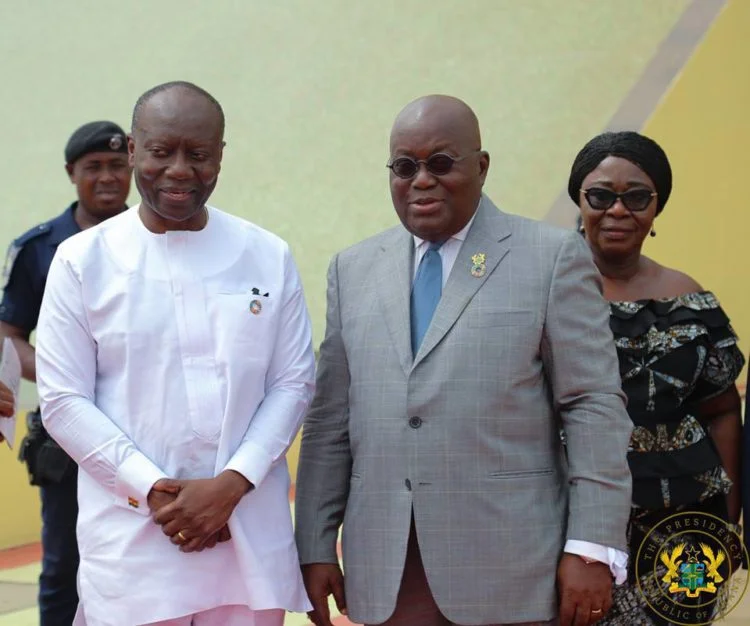The Government of Ghana, through the Ministry of Finance, announced plans to raise up to $5 billion via its 2021 International Capital Market (ICM) Funding Programme to support growth-oriented expenditures in the 2021 Budget and manage liabilities, including refinancing domestic debt and buying back selected Eurobonds. The initiative, launched in early 2021, aims to bolster economic recovery post-Covid-19.
Program Structure and Instruments
The ICM Programme includes a mix of financial instruments: Eurobonds, Diaspora Bonds, Sustainable Bonds (Green and Social Bonds), and Syndicated Term Loans.
The Ministry issued a request for Expressions of Interest (EOI) from qualified bond market specialists and investment advisors to act as co-managers, partnering with lead managers like Bank of America, Citi Bank, Rand Merchant Bank, Standard Chartered Bank, and Standard Bank.
These advisors will guide the structuring and timing of the issuances to optimize market conditions.
Successful Bond Issuance
In March 2021, Ghana raised $3.025 billion through a four-tranche Eurobond, including a pioneering zero-coupon bond, the first of its kind for an African nation. The issuance comprised a $525 million 4-year zero-coupon bond, $1 billion 7-year bond (7.75%), $1 billion 12-year bond (8.625%), and $500 million 20-year bond (8.875%). The bonds were oversubscribed, attracting over $6 billion in bids, reflecting strong investor confidence despite global market volatility. Proceeds supported budget financing and saved $200 million over four years by refinancing domestic debt with a 19% average interest rate.
Economic Context and Strategy
Ghana’s economy showed resilience, growing 0.9% in 2020, and the government projected 5% average GDP growth over the medium term, with fiscal deficits expected to drop below 5% by 2024. The zero-coupon bond was chosen to ease short-term cash flow pressures, aiding post-pandemic recovery. However, Ghana did not plan additional ICM issuances in 2021 due to a $1.007 billion SDR allocation and stable currency reserves.
Challenges and Criticisms
While the issuance was a milestone, concerns linger about debt sustainability, with Ghana’s public debt rising significantly. The country’s 2023 debt restructuring and $3 billion IMF bailout underscored ongoing fiscal challenges. Critics, including voices on X, have questioned the transparency of similar borrowing plans, urging clear project allocations to justify such loans






